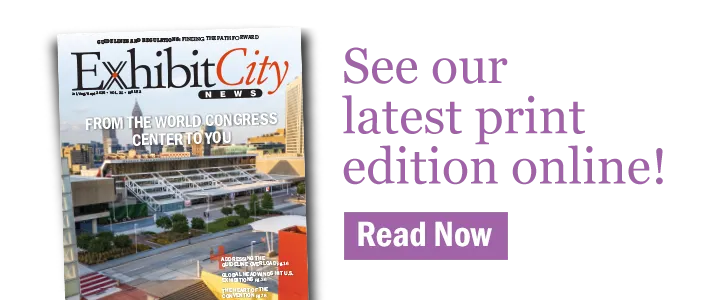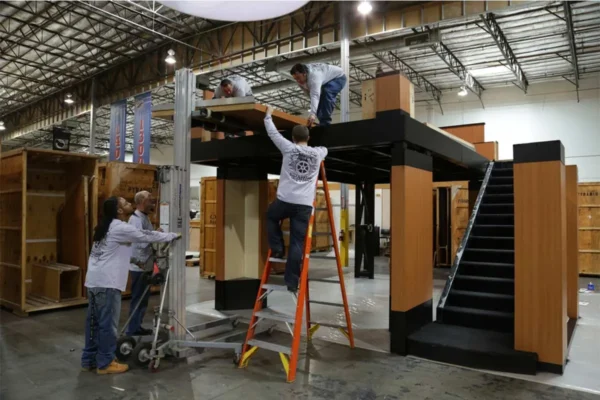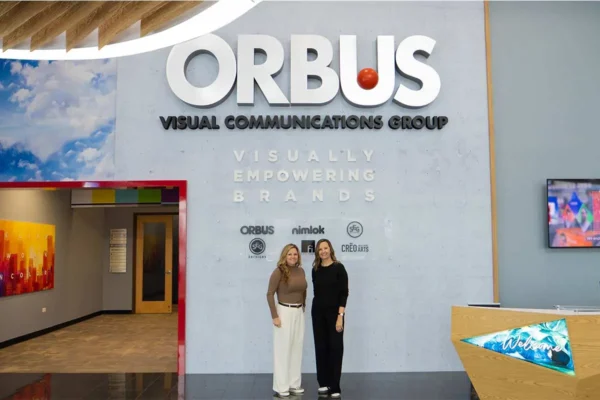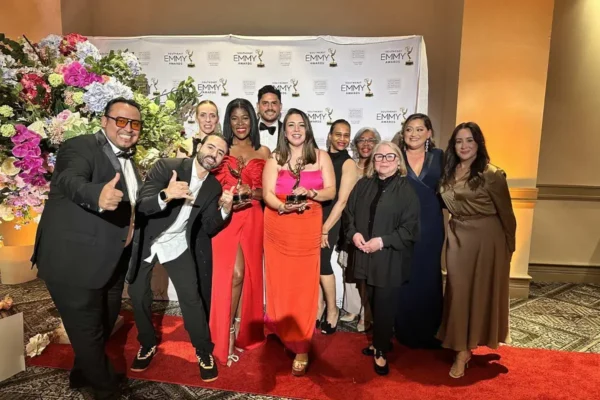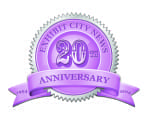 Implementing the post-Olympics game plan
Implementing the post-Olympics game plan
Legacy plans are what separate destinations thriving long after hosting the Olympics from cities that failed to keep up their momentum.
Destinations have at least 14 years to figure out their legacy plan – before or in-between the seven years of preparing and implementing the RFP and during the other seven of preparing to welcome the world. Waiting too late to draft a legacy plan was a mistake for cities that now feature dilapidated Olympic venues that saw no further use because of a drastic decrease in tourism or meetings and exhibitions.
Learning from the past, City of Richmond, a 2010 Winter Olympics host in British Columbia, Canada, chose a different path. It wouldn’t let the Olympic Games play Richmond – Richmond would play the Games.
An Olympic Venue City, not a city with an Olympic venue
“The Olympic Games are a tremendous once-in-a-lifetime opportunity for any community,” said City of Richmond Mayor Malcolm Brodie. “To fully take advantage of this opportunity, communities need a well-thought out game plan that is developed early and looks beyond the Games to create long-term legacies. We used a simple concept that we would be an Olympic Venue City, rather than just being a city with an Olympic venue, and based all our plans around that concept. This meant working to be recognized as a full partner in the Games along with the official host cities and using the Games as a launching pad for creating a venue and programs that would provide long-term benefits for our community.”

Prior to submitting its bid to build the Richmond Olympic Oval, home to speed skating events during the 2010 Winter Olympics, the City of Richmond developed a legacy and business plan. City officials visited various Olympic speed skating ovals and North American and European Olympic venues to learn about challenges and opportunities associated with game construction.
“Many Olympic venues are often built solely with the Games in mind and without a solid, long-term business plan for their use after the Games and/or simply weren’t viable to operate after the Games,” explained Ted Townsend, senior manager of corporate communications, City of Richmond. “We had a very detailed business plan in place for the facility’s operation from day one, rather than waiting after construction or after the Games, which has often happened with other Olympic venues and contributed to their long-term failure.”
Also part of City of Richmond’s plan, the Oval is at the heart of River Green, a $2 billion, 140-acre luxury waterfront neighborhood that is expected to house 120,000 over the next 10 to 12 years.
“While the Oval draws regional users on a daily basis and regularly hosts national and international events, the bulk of our users come from our community, and having a large residential base nearby supports its long-term success,” added Townsend.
In spring 2015, the venue is launching the $5.7 million Richmond Olympic Experience, a major interactive exhibit detailing Richmond’s Olympic journey.
“We expect 10,000 visitors in the first year of operations with an objective of building to 100,000 visitors annually. The bulk of our audience will be regional, but we do expect about 20 percent to be visitors,” said Townsend.
Since opening in December 2008, the Oval has welcomed 3.5 million visitors and has hosted 20 international, 20 national and dozens of provincial-level championships or tournaments. It also hosts four to five large-scale tradeshows a year on 50,000 square feet of space along with eight to 10 small ones.
All sectors of the Richmond tourism industry have reported a significant boost to business, and the city overall has seen its convention and meeting business double last year.
An Olympic Park fit for more than a queen
It may be too early to discuss the legacy of the 2012 Summer Olympics, but ever since it ended, London has stayed on the radar for meetings and conventions.
“London has benefitted from enormous investment both pre- and post-Olympics, with improvements to our transport infrastructure, increased hotel rooms and new, exciting event spaces, like Queen Elizabeth Olympic Park. As a result, London is more competitive and allows organizers to run their events more cost-effectively than ever before,” said Lucy Merritt, marketing manager, ExCeL London.
After receiving a £300 million 18-month transformation, sporting complex Queen Elizabeth Olympic Park re-opened in April to include a multitude of attractions and activities for tourists and locals alike. London Legacy Development Corp. masterminded how facilities within Queen Elizabeth Olympic Park would be used after the Olympics.
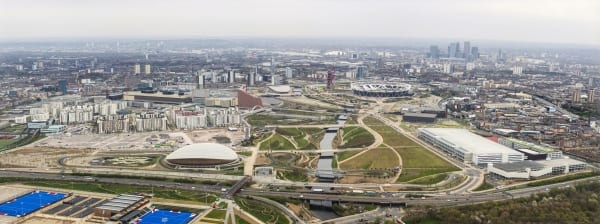
As an alternative for people who want to live in central London but not able to afford the prices, the Olympic Park’s athletes’ village became low-cost housing. Opened in 2011, Olympic Stadium hosted track and field events as well as the closing and opening ceremonies of the Games. It’s now leased to a soccer team and has secured The World Athletics Championships in 2017.
Another area within the Olympic Park is East London Tech City, which is part of business development to help London become the Silicon Valley of Europe.
“The government is behind the advent of technology in London. It encourages start-up companies by providing beneficial terms. Buildings we used for the Olympics were repurposed as offices for companies like Google to use as a London hub. We have 540,000 technology professionals — that’s three times more than any other European city. This is benefitting congresses and exhibitions at ExCeL London,” explained James Rees, executive director for conferences and events, ExCeL London.
ExCeL London experienced a pre- and post-Olympics meetings and exhibitions boom. It has hosted international events for Cisco, Adobe, Salesforce.com and Coca Cola as well as the G20 London Summit.
“We engaged with the mayor and raised awareness of what the meetings and exhibition industry can bring to the city. Event planners were reminded that London is good at putting on a show,” said Rees. “Our mayor supports us for future events and congresses. We’re grateful for the support and time he’s given since the Olympics.”
From 2011 to the end of 2013, meetings and exhibitions increased by 62 percent at ExCeL London. This ensured the venue saw more than one moment of glory after the Olympics.
See related article: Mobile Events Series: Let the Olympics bid begin! (Part 1)



